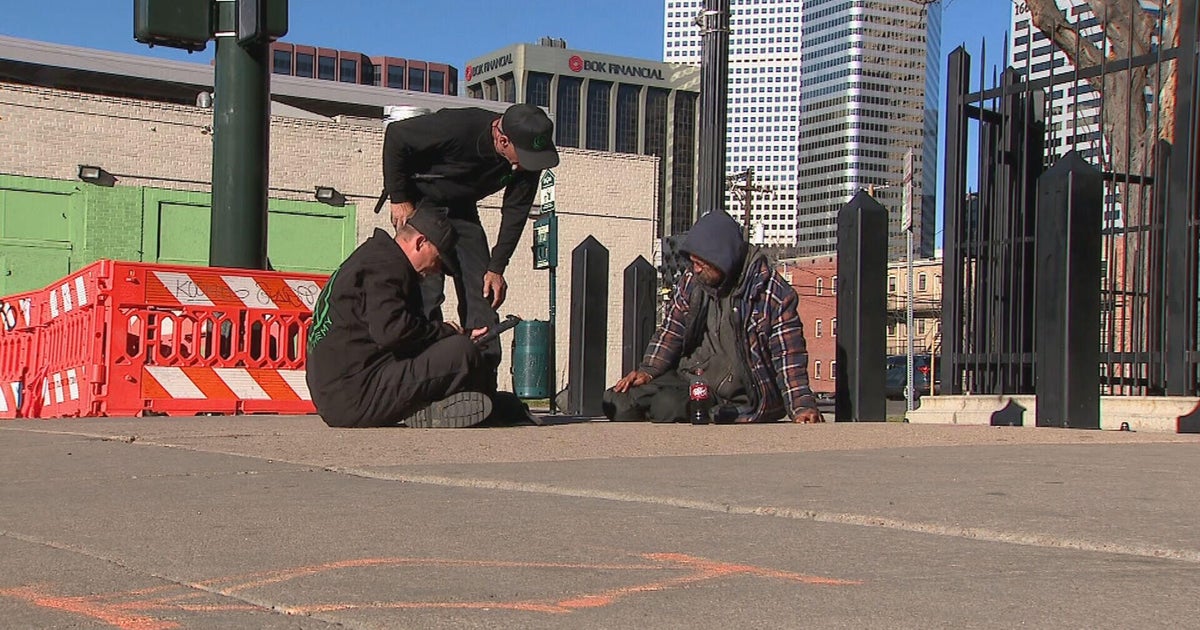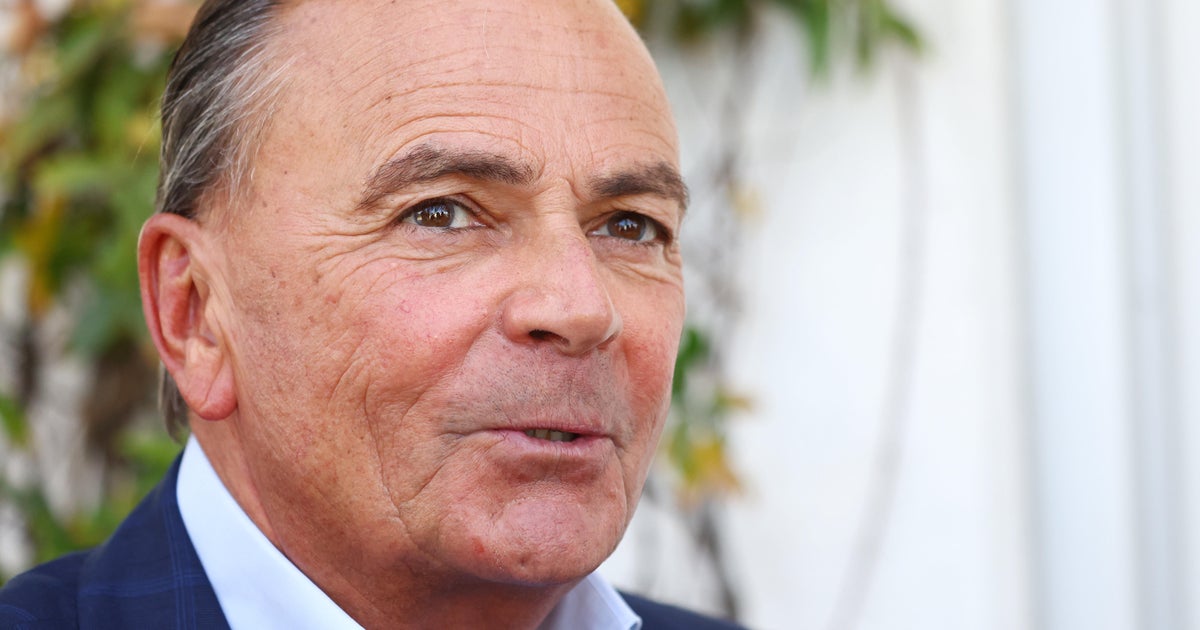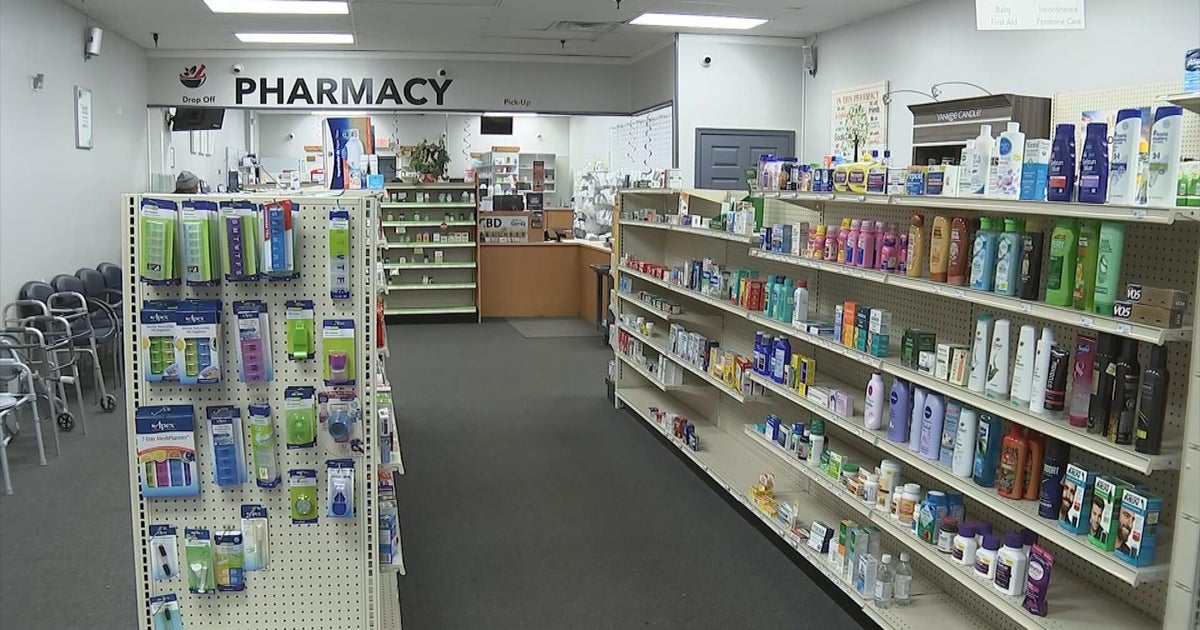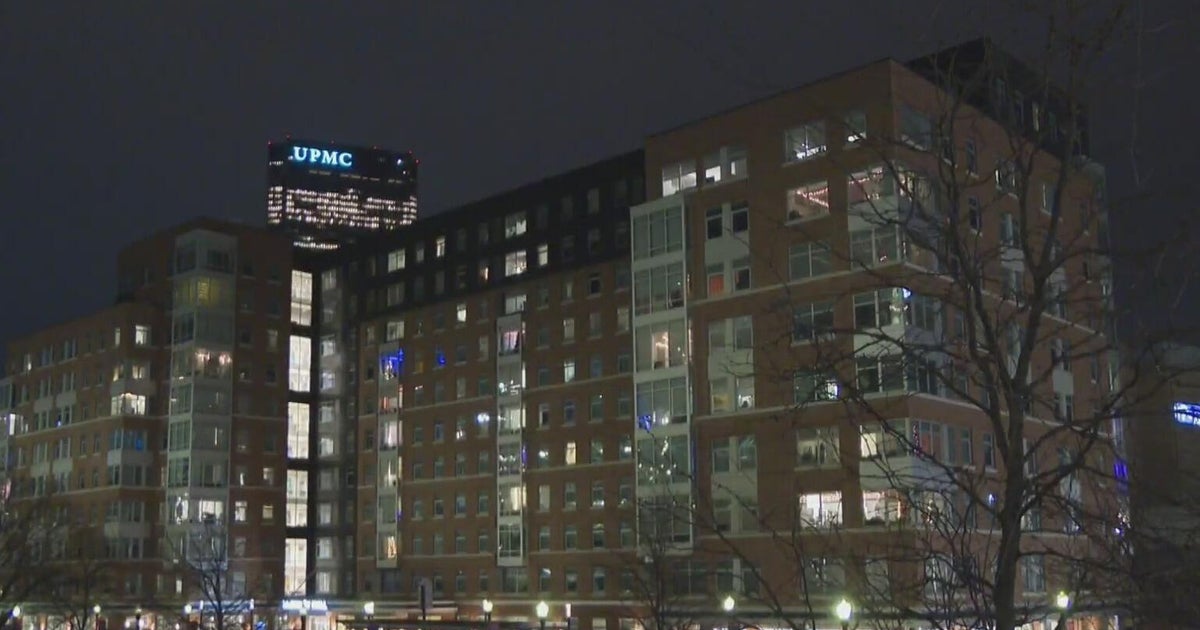Colorado's recycling rate hasn't improved in five years, some hope new Denver recycling ordinance will help
Colorado's recycling rate is only between 15 to 16% — far below the national average of 32% — and it hasn't improved over the last five years, according to reports from the Colorado Public Interest Research Group and Eco-Cycle. But CoPIRG leaders hope newly passed state and local laws will help change that.
In Denver, voters overwhelmingly said "yes" to Initiated Ordinance 306 this Election Day, which will require recycling and composting in all apartment complexes and businesses in the city. The ordinance so far passing with more than 70% in favor, and will begin taking effect this June.
"I'm really excited," said Emily Owens, who's lived in an apartment in Denver for eight years. "I haven't been able to recycle, I usually have to take my bin and go into other people's alleyways... for a little while, I was using a composting service, but the costs were pretty prohibitive."
Additionally, a statewide bill passed earlier this year could also make a big difference to help get Colorado on track to meet a 50% recycling rate by 2030, says Danny Katz, Executive Director of CoPIRG. The Producer Responsibility Program for Recycling bill will require companies making packaging, paper products, and food service ware to fund a statewide recycling system to recycle those materials through a fee on the production of those products.
"Colorado is known as this environmental state, as this green state, but our recycling rate is pretty trashy," Katz said. "I project that bill alone could single-handedly double our recycling rates, once it gets implemented ... They pay a small amount, and that money comes to the state of Colorado, so we can actually fund a true statewide recycling program, so everybody can get a recycling cart or recycling bin just as easily as they can get a trash bin."
Why does this all matter? Katz says food waste and recyclables sitting in landfills create harmful methane emissions that contribute to climate change.
"Just by diverting 15% of our waste from a trash bin into a recycling or composting bin is reducing pollution, the equivalent of about 400,000 cars worth of air pollution every year," Katz said. "It's also just good economically. When you put all those cans and bottles into a trash bin, and it's just going to sit in a landfill, those things are worth money. There are companies that want those resources and materials."
That's something residents like Owens are hoping for. She feels Colorado's recycling rate between 15 to 16% over the last few years is unacceptable.
"It feels really conflicting with what I think our idea of what Colorado stands for," Owens said.
CoPIRG believes more should be done to further reduce waste to landfills, like policies that limit single-use plastics or standardize accepted recycled materials across the state.
The organization is coming out with a full report on it's most recent findings on Colorado's recycling status this Tuesday, as part of America Recycles Day.








